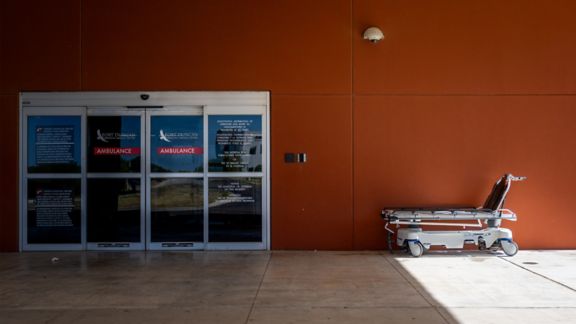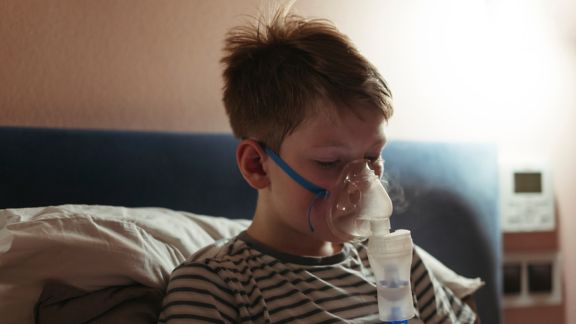Provider Resiliency Evaluation

Problem
The health care workforce is experiencing high rates of burnout.
National studies report that over half of providers experience symptoms of burnout. Even among health care trainees, as much as 45-55 percent showed at least one symptom of burnout in a comprehensive narrative review of articles. As part of a comprehensive response, HRSA wants to evaluate three programs meant to promote the resiliency of health care workers.
- The Health and Public Safety Workforce Resiliency Training Program (HPSWRTP)
- The Promoting Resilience and Mental Health among Health Professional Workforce (PRMHW) program
- The Health and Public Safety Workforce Resiliency Technical Assistance Center (HPSWRTAC)
The HPSWRTP and PRMHW programs aim to address burnout, suicide, mental health conditions, substance use disorders, and promote resiliency in the health care workforce, particularly among providers who serve rural and medically underserved communities, and students.
The HPSWRTAC program provides training and technical assistance to HPSWRTP and PRMHW awardees to assist with developing evidence-based resilience strategies within their populations.
Solution
NORC is conducting a comprehensive outcomes evaluation of all three provider resiliency programs.
NORC and our partners at Change Matrix will collect annual data to make recommendations to improve provider resiliency. Data collection will include surveys of program participants’ experiences and outcomes, interviews of awardees about implementation and organizational change, and a review of documents and forms to collect data on costs and implementation. We will use the data to:
- Assess implementation and impact
- Conduct a cost-benefit analysis
- Assess organizations' progress toward making systems-level changes (PRMHW program awardees only)
- Identify successes and lessons learned across the entirety of the HRSA programs
- Help improve services and programs designed to support the well-being of health care workers in the future
Result
This work will provide actionable recommendations that programs can use to improve mental health and resiliency in the health care workforce.
The results of this complex, mixed-methods evaluation will be used to assess programs’ efforts to promote resiliency and mental health in the health workforce beyond what is captured in annual performance reporting. Program outcomes across awardees and grant programs will be assessed with data aligned with parallel efforts across HRSA. Our recommendations will provide actionable strategies and methodologies that programs can use to inform future programming and investment strategies.
Project Leads
-
Sarah Davis Redman
Principal Research ScientistProject Director -
Adil Moiduddin
Senior Vice PresidentPrincipal Investigator -
Lauren Isaacs
Senior Research ScientistProject Manager









